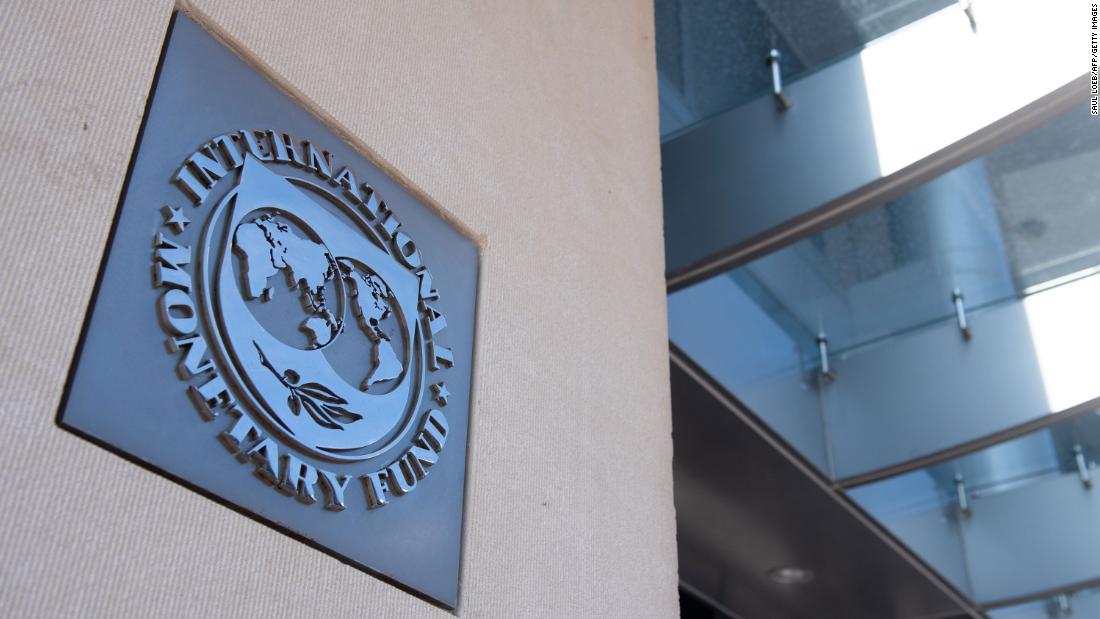
“The Covid-19 pandemic threatens to reverse gains in women’s economic opportunities, widening gender gaps that persist despite 30 years of progress,” said IMF officials led by Managing Director Kristalina Georgieva.
The impact of the crisis on women is also felt more at home, where they are more likely to shoulder the additional responsibilities of child care created by the closure of schools and daycare centers.
Despite the US economy starting to recover, experts predict that it will take a long time for the labor market to regain its previous strength. And a delayed reopening or a second closure could lead to job losses again.
Life at home overturned
Canada’s employment report for May showed that fathers of children under the age of 6 were about three times more likely to have returned to work compared to mothers, the IMF said.
In developing countries, women are also more likely to work in the informal sector of the economy, working for money rather than in a formal employment situation. This means less job security, less savings and no health benefits.
Past epidemics have shown that girls are more likely than boys to drop out of school, leading to permanent loss of human capital.
What can governments do?
The IMF said the disproportionate impact on women can be mitigated, however, with specific policies.
“What’s good for women is ultimately good for addressing income inequality, economic growth and resilience,” says the report.
Lawmakers could extend unemployment assistance or provide incentives to balance job and family care responsibilities, as well as offer access to health care and family planning, the IMF said.
Some countries are already implementing such policies. Several European countries, including Italy and Austria, have implemented a legal leave entitlement for parents with children under a certain age, and France has extended sick leave for parents affected by school closings.
.